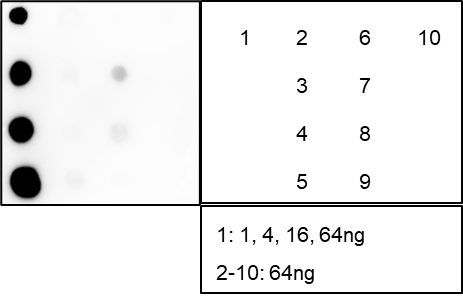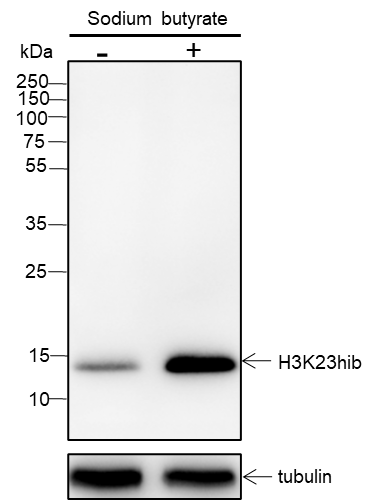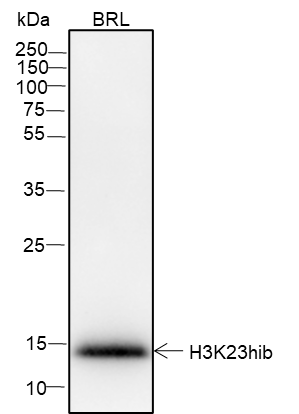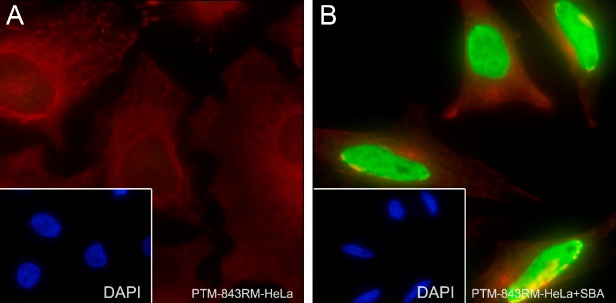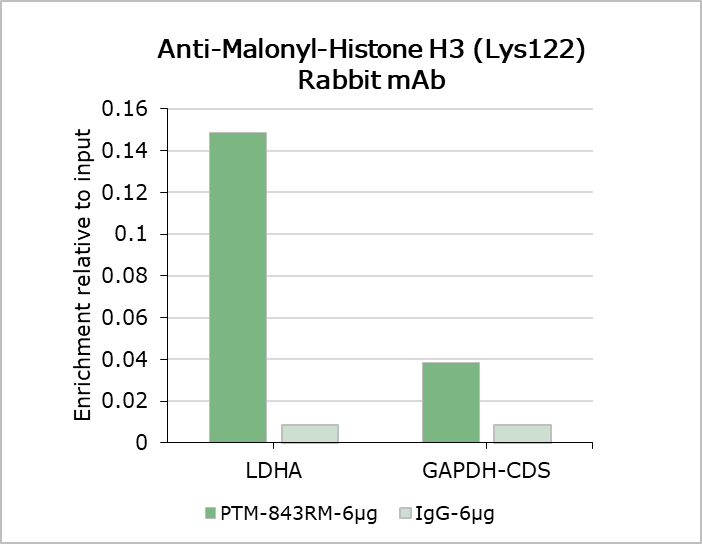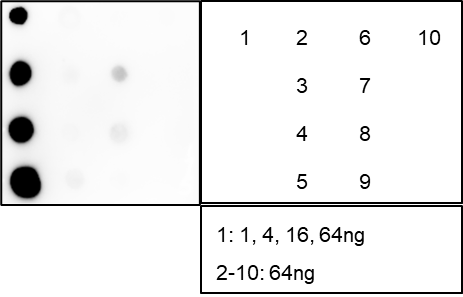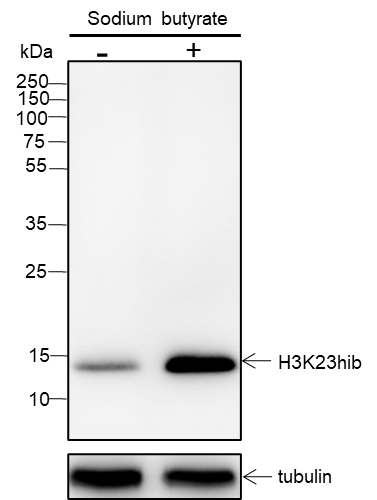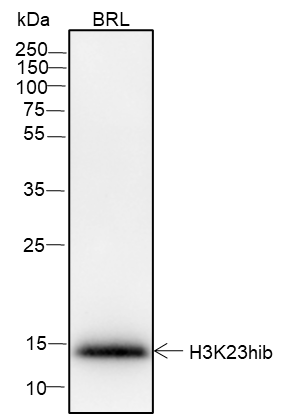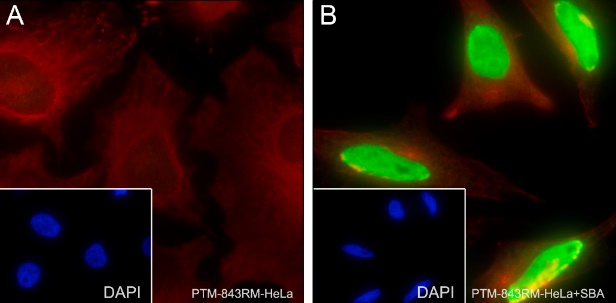Background
Histones are subjected to a variety of enzyme catalyzed modifications, including acetylation, methylation, phosphorylation, ubiquitylation, etc. 2-hydroxyisobutyrylation of lysine is a newly identified reversible modification controlling chromosome structure and gene transcription. The reversible lysine 2-hydroxyisobutyrylation has been well demonstrated in eukaryotic histones from worm to human. The unique structure and genomic localization of histone lysine 2-hydroxyisobutyrylation suggest that it is mechanistically and functionally different from histone lysine acetylation. Specifically, in both human somatic and mouse male germ cell genomes, histone 2-hydroxyisobutyrylation marks either active promoters or potential enhancers.
Cellular location
Nucleus


